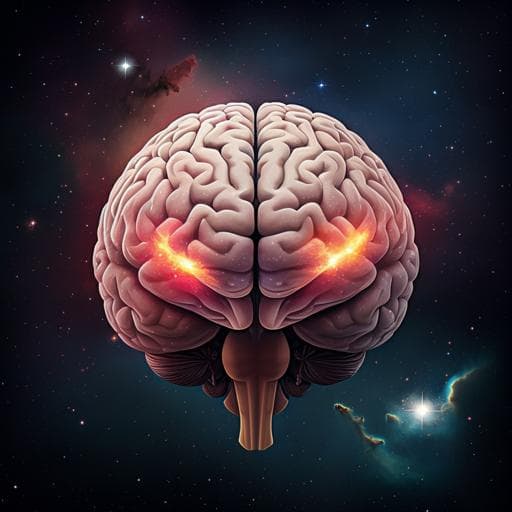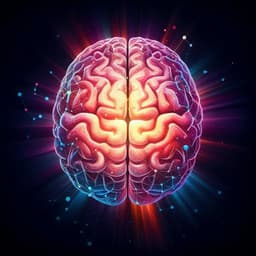
Medicine and Health
Brain stimulation in zero gravity: transcranial magnetic stimulation (TMS) motor threshold decreases during zero gravity induced by parabolic flight
B. W. Badran, K. A. Caulfield, et al.
This fascinating study reveals the striking impact of zero gravity on brain function through transcranial magnetic stimulation. Conducted by leading researchers including Bashar W. Badran and Kevin A. Caulfield, it uncovers a significant 12.6% decrease in resting motor threshold during weightlessness, highlighting the need for further exploration into neurophysiological changes in altered gravity conditions.
Related Publications
Explore these studies to deepen your understanding of the subject.







